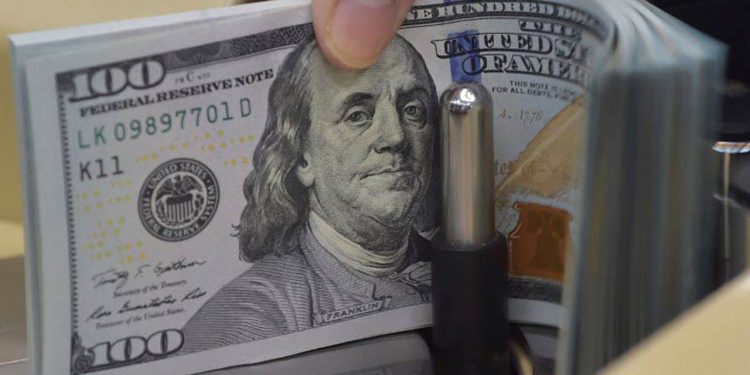The Nigerian naira has continued to strengthen in recent weeks, supported by foreign exchange reforms implemented by the Central Bank of Nigeria (CBN). However, this positive trend has been overshadowed by a significant decline in the country’s foreign reserves, raising concerns about the sustainability of the naira’s gains.
As of Monday, Nigeria’s foreign reserves stood at $38.58 billion, marking a $2.34 billion drop since reaching a high of $40.92 billion on January 6, 2025. This decline comes despite the naira’s appreciation, which saw it gain 0.15% to close at N1,501.42/$ on the official market and 0.24% to settle at N1,497/$ on the parallel market on Tuesday. The narrowing gap between the official and parallel market rates indicates improved forex market efficiency.
Naira’s Performance and Market Dynamics
According to Bloomberg, the naira has strengthened by 2.6% since the beginning of the year. This improvement is attributed to the CBN’s proactive interventions, including restrictions on Bureau De Change (BDC) operators and efforts to streamline forex market operations. However, analysts warn that the decline in foreign reserves could undermine investor confidence if not addressed.
Ayodeji Dawodu, Director of Fixed Income at BancTrust & Co. in London, highlighted the risks, stating, “If reserves continue to decline at an accelerated pace and we don’t have clarity on net reserves, and monetary policy easing commences, then foreign investors could become nervous.”
Concerns Over BDC Policy and Market Stability
Stears, a financial data and software company focused on African markets, has raised concerns about the potential impact of discontinuing weekly dollar sales to BDC operators. In its *Stears Africa Capital in 2025* report, the company noted that while the CBN’s $25,000 weekly forex sales to BDCs have helped stabilize the parallel market, ending this policy could widen the spread between official and parallel rates, increase arbitrage, and fuel speculative pressures.
The report projected that the naira could close 2025 at N1,674/$ in the official market, with depreciation slowing to 8-9% annually by 2025/26. However, it warned that key risks, including oil revenue volatility, reduced forex reserves, and weak investor sentiment, could undermine exchange rate stability.
CBN’s Interventions and Expert Opinions
The CBN has been commended for its efforts to stabilize the naira, particularly its interventions to support the undervalued currency. Bismarck Rewane, Managing Director of Financial Derivatives Company, noted that a Purchasing Power Parity (PPP) analysis places the fair value of the naira at N1,102.15/$, indicating that the currency is currently 26.35% undervalued.
Rewane explained, “If you intervene to protect an overvalued currency, that is bad, but if you intervene to support an undervalued currency, you’re actually bringing the currency back from its misalignment to its alignment. So that is what the Central Bank of Nigeria is doing, and we applaud them.”
He also highlighted positive macroeconomic indicators, including a reduced gap between official and parallel market rates, improved price discovery, and a significant increase in Nigeria’s balance of trade to $18.6 billion.
Looking Ahead
While the CBN’s policies have yielded short-term gains, sustaining the naira’s stability will require addressing underlying challenges. Key measures include tackling insecurity, boosting crude oil and non-oil exports, attracting foreign investments, and increasing remittance inflows.
The CBN’s decision to extend BDC access to the forex market until May 30, 2025, and limit weekly purchases to $25,000 per operator reflects its commitment to maintaining market stability. However, the decline in foreign reserves underscores the need for a comprehensive strategy to bolster forex liquidity and ensure long-term economic resilience.
As Nigeria navigates these challenges, the interplay between monetary policy, fiscal reforms, and external economic factors will determine the trajectory of the naira and the broader economy.










